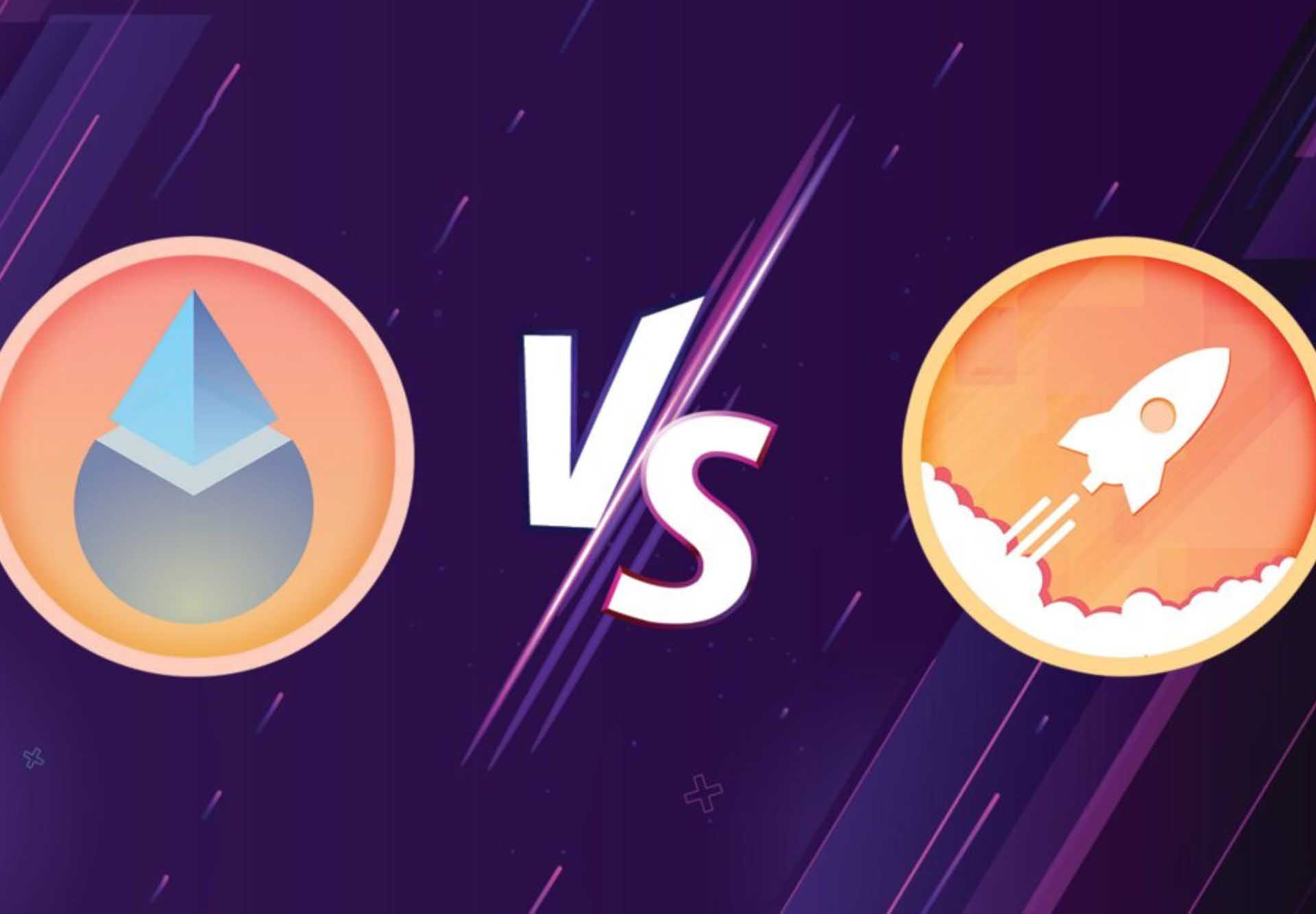Decentralization Controversy: A Disagreement Between Lido and Rocket Pool Team Members
A representative of the Lido team raised accusations of Rocket Pool lacking in real DAO governance, a claim that was refuted by Rocket Pool community members, who argued that the protocol is progressively becoming more decentralized.
In a public post dated July 4, a Lido team member put forth assertions about Rocket Pool being excessively centralized. Both Lido and Rocket Pool are platforms offering liquid staking services, enabling users to delegate their crypto assets to validators in exchange for derivative tokens.
Dmitry Gusakov, Lido’s community staking lead, posted that the Rocket Pool contracts are in control of the Rocket Pool team. This would give the team the power to modify any parameters or call any method, potentially enabling them to arbitrarily inflate the rate or increase fees up to 100%.
Gusakov claims that this flaw is not present in Lido’s contract architecture, where such actions are strictly regulated by the decentralized autonomous organization (DAO), LidoDAO.
Responding to Gusakov’s allegations, Rocket Pool’s management committee member Waq defended that the alleged vulnerability was already identified by the team and is due for a fix. He countered that the Lido team was attempting to garner credit for identifying an already known issue.
According to Gusakov, the RocketStorage contract at a specific Ethereum address contains a parameter named “guardian.” Various functions within the Rocket Pool contracts are tagged as “onlyGuardian,” indicating that they can only be actioned by the account designated under this parameter.
Gusakov implies that the actions executable by the “guardian” include the ability to modify the “RPL InflationIntervalRate” and the “ETH DepositFee.” This, he alleges, means that the team could potentially inflate the rate of the Rocket Pool governance token (RPL) or withdraw user deposits by setting the fee to 100%.
Content creator Chris Blec circulated Gusakov’s post, interpreting it as evidence that the pDAO isn’t truly a DAO and that the control of Rocket Pool’s governance doesn’t lie with the RPL token holders.
In a rebuttal, Rocket Pool community advocate Jasper.lens emphasized that the community was already cognizant of this centralization issue, which will be addressed in the forthcoming Saturn upgrade. He clarified that the centralization was a temporary measure while the voting systems for Rocket Pool’s DAO were in their design and testing phase.
Aligning with Jasper.lens’s post, Waq noted that the Rocket Pool community has been actively addressing the issue for over a year and expressed his suspicion that the Lido team would likely try to claim credit once the issue was resolved.
Liquid staking protocols have been gaining traction in recent times. A report from blockchain analytics platform DefiLlama on May 1 suggested that these platforms have outpaced decentralized exchanges in terms of total value locked, crowning them as the leading category in decentralized finance. On May 30, Tenet and LayerZero announced a partnership to extend liquid staking to more blockchains in the future.
The Importance of DAO Governance in DeFi
Understanding the role of DAO governance in decentralized finance (DeFi) is crucial for anyone involved in the crypto space. DAOs enable communities to have a direct say in the operations of the protocols, creating an environment of transparency and community-driven decision-making.
Furthermore, DAOs contribute to the security of DeFi platforms. They provide a level of decentralization that guards against potential vulnerabilities. In an increasingly complex crypto world, understanding how DAOs operate can equip users with the knowledge needed to navigate safely and make informed decisions.
Finally, the debate between Lido and Rocket Pool is a testament to the active monitoring and improvements taking place in the DeFi space. It underlines the need for constant vigilance and the ability to adapt to changing circumstances. The fact that these protocols can evolve and improve is a promising sign for the future of decentralized finance.

